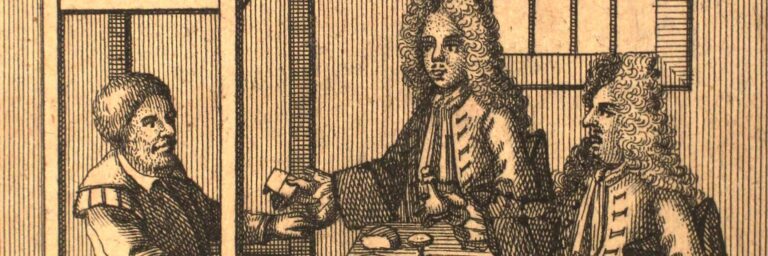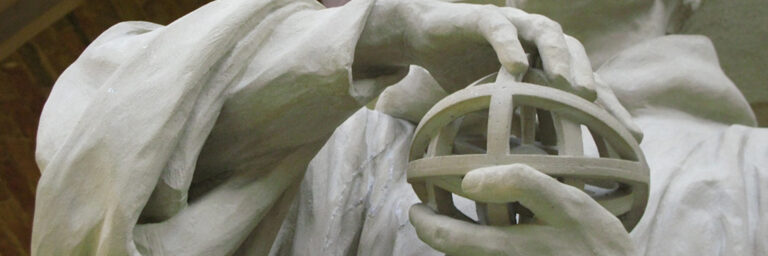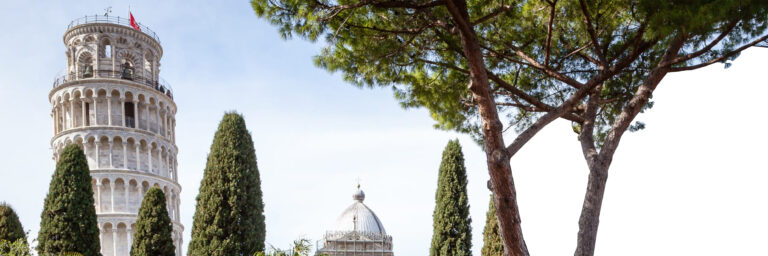Georg J. Kamel: Natural Knowledge in Transit
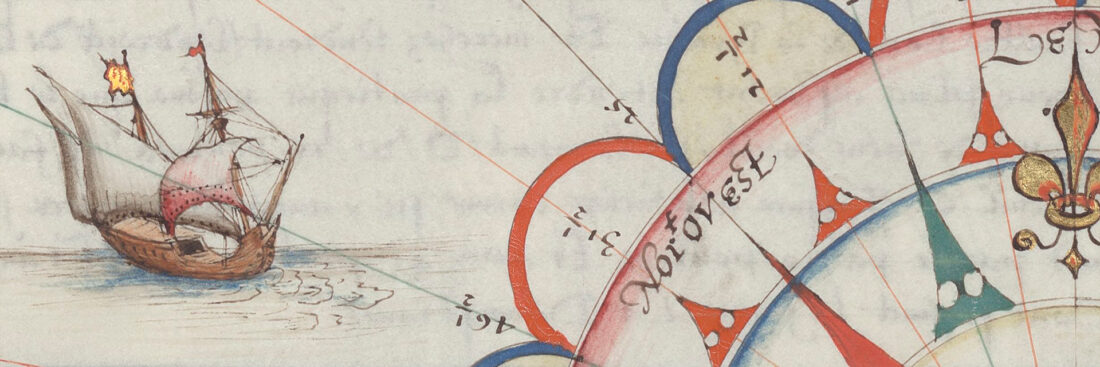
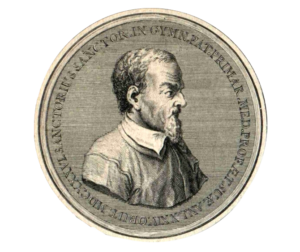
Santorio Lecture 2020
Georg Joseph Kamel S. J. (1661-1706)
Natural Knowledge in Transit between the Philippines and Europe
Sebastien Kroupa
This lecture draws on one of the chapters from my dissertation, which is concerned with the communications of medical and natural knowledge between the Philippines and Europe at the turn of the eighteenth century.
My PhD traces movements of knowledge from the point of local negotiations between indigenous people and European colonists to worldwide movements and receptions, as I seek to decentre previous narratives of the mobility of early modern knowledge and recover the agencies of individuals and communities previously regarded as peripheral.
I demonstrate that input from local traditions, and from agents across the socio-cultural spectrum were essential to the production and mobilisation of knowledge, which was negotiated in complex cross-cultural situations. By pluralising the sites, agents and traditions involved, I point towards more inclusive geographies of early modern knowledge.



